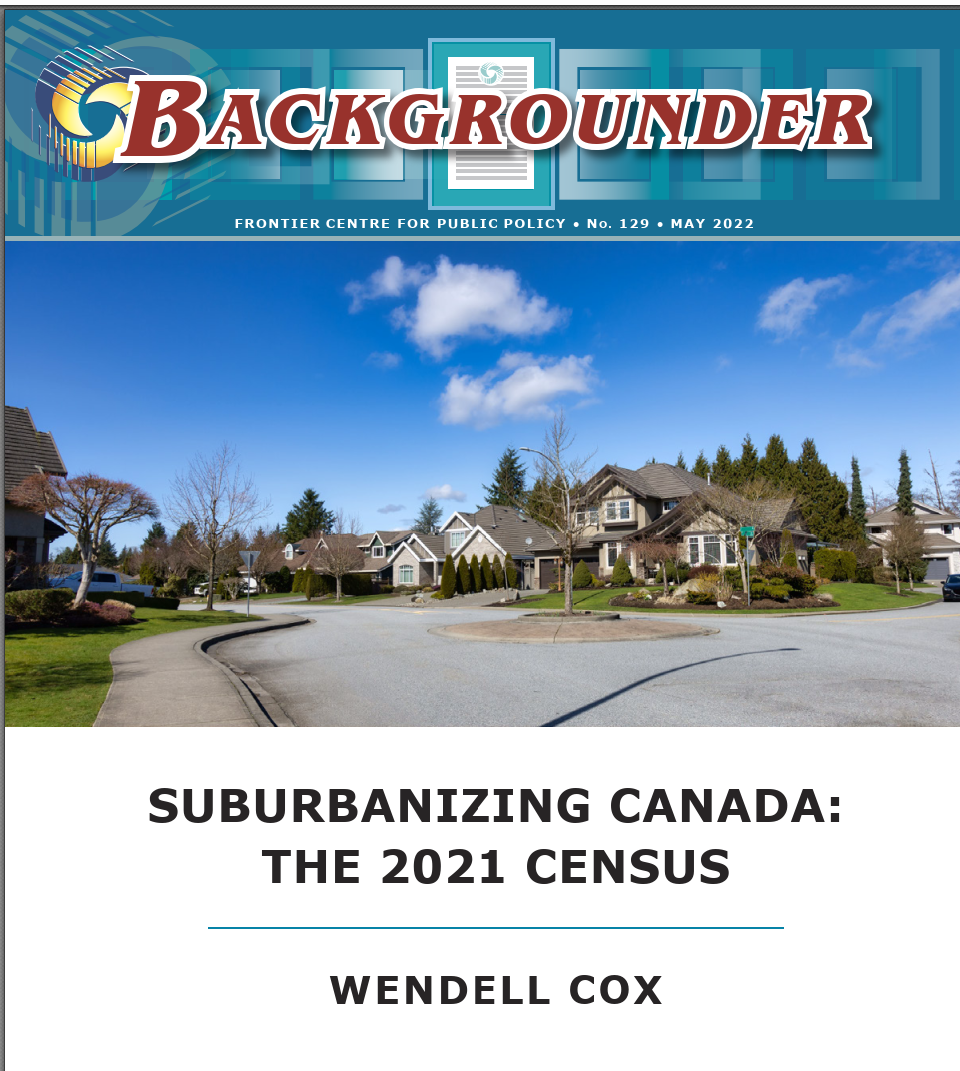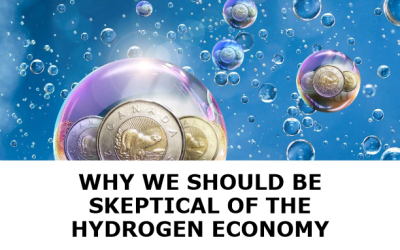Canada continues to move to the suburbs, as the 2021 census data shows. This is based on a Statistics Canada analysis on metropolitan (Census Metropolitan Areas, or CMAs) population and change since the 2016 Census. Statistics Canada (Statscan) divides the CMA population into five geographic sectors, including downtown, and four other sectors defined by proximity from downtown (in minutes). This urban core/suburbs categorization differs from the core municipality/suburbs approach, with its much more readily available data. The findings are described in “Canada’s large urban centres continue to grow and spread”, which also has a useful array of tables.
Overall according to the 2021 Census, 78.4 percent of the population of the 11 CMAs is in the suburbs, with 21.6 percent in the urban core. The largest population share is in the Near Suburbs (33.9 percent), followed by the Distant Suburbs (23.5 percent) and the Intermediate Suburbs (21.0 percent). The Inner Ring accounts for 17.5 percent of the population, with Downtown having 4.1 percent.



